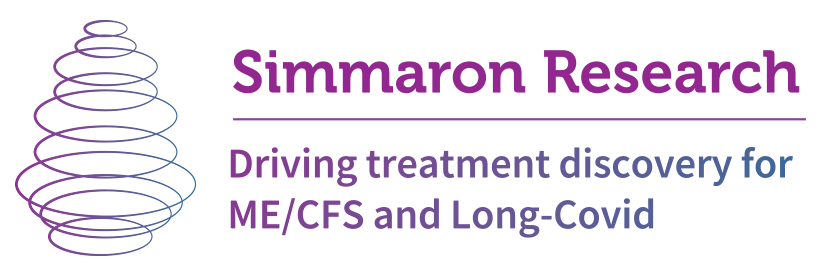NEW
Rapamycin Pilot Treatment Trial for ME/CFS
Hypothesis: Relief of symptoms via mTOR inhibition
The First Biomarker-Driven Treatment Trial for ME/CFS
Subsets Mean Success
Until now, the heterogeneity of the patient population and the lack of a reliable biomarker to diagnose and prognose ME/CFS has thwarted clinical trials for both non-approved FDA drugs as well as repurposed agents.
We have recently identified elevated levels of inactive ATG-13 as a testable and targetable pathway for treating symptoms of post-exertional malaise.
Biomarker to Treatment Trial
Rapamycin therapy inhibits mTOR and reduces autophagy disruption. We believe that a subset of patients may have chronic mTOR activation that can lead to the symptoms of ME/CFS. By taking rapamycin, the mTOR inhibitor, we hope that these people may see a significant reduction in symptoms.
We will track symptoms and autophagy markers in this study.
Why Rapamycin
Our publication on elevated ATG13 showed that a significant number of ME/CFS patients display serological evidence of autophagy disruption. We have shown that this deficit in autophagy is due to the chronic activation of mTOR. Without properly functioning autophagy, there is significant cellular stress, immune activation, and not enough energy for the cell to do well.
Rapamycin is an mTOR inhibitor. It is an FDA approved drug that was initially developed to protect patients during a kidney transplant. It has a well understood safety profile. This study will track autophagy markers and ME/CFS symptoms in patients who are treated with low-dose rapamycin by participating clinicians.
From our publication “Elevated ATG13 in serum of patients with ME/CFS stimulates oxidative stress response in microglial cells via activation of receptor for advanced glycation end products (RAGE)”
The Science
Our Goal
One goal is to identify and characterize a subset of patients who are likely to respond to this potential treatment. We also intend to submit a grant for an NIH exploratory treatment trial depending on data generated in this pilot study. This is a big step in Simmaron’s overarching goal of spurring more treatment trials for ME/CFS patients who have waited far too long.
Participating Clinicians
David Kaufman MD, lead clinician Center for Complex Diseases (listen to his podcast)
Daniel Peterson MD Sierra Internal Medicine
Bela Chheda MD Center for Complex Diseases—Palo Alto, CA
Brayden Yellman MD Bateman Horne Center
Jennifer Bell APRN, FNB-BC Bateman Horne Center
Jon Berner MD, PhD Woodinville Psychiatric
Stephanie Grach MD, MS Mayo Clinic
Simmaron’s Role
The Simmaron Research and Development lab at UWM is responsible for studying the blood and questionnaires. We hypothesize that ME/CFS patients with elevated serum levels of pATG-13 and related autophagy disruption markers who are given low dose rapamycin will have these proteins (ATG-13) normalize and this may trend with a reduction in ME/CFS symptoms including PEM flairs. Our role is to collect and analyze data tracking symptoms and autophagy.
We are also grateful for the collaboration of the Milwaukee Institute of Drug Discovery (MIDD), University of Wisconsin-Milwaukee (UWM), Indiana Health University ICBI.
FAQs
-
In order to enroll in this trial you must be a patient under the care of the participating clinicians: Dr. David Kaufman MD, Dr. Daniel Peterson MD, and Dr. Bela Chedda MD. If you are on Rapamycin and have ME/CFS, or you have been told by your doctor that they plan to start you on Rapamycin, please email connect@simmaron.com.
-
18-65 years old, ME/CFS patient of a participating clinician.
*We will also recruit ME/CFS patients who are on other therapies or on no therapies at all as a comparison group.
-
One hundred.
-
No, this is a pilot study to observe the effects of low dose rapamycin treatment, and to determine the incidence of elevated levels of inactive ATG-13 and other autophagy proteins before, during and after treatment.
-
We are estimating that it will take approximately 18 months - 2 years to enroll our goal of 100 patients and aggregate results.
-
Once we have results, we will seek to publish them and inform the community.


